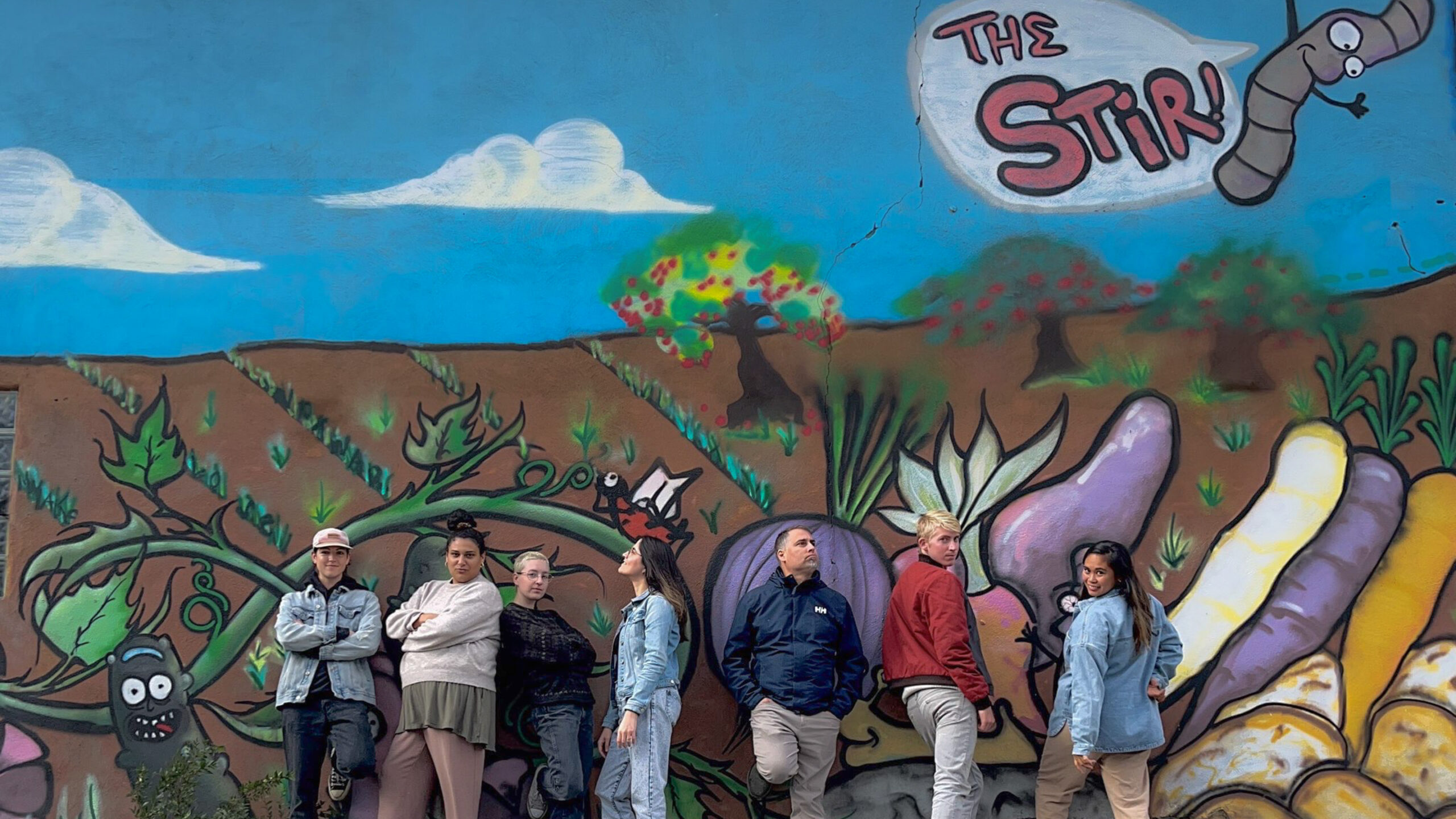Food security is a pressing issue in cities around BC, and Kamloops is no exception. Through its programs, the Kamloops Food Policy Council [KFPC] is working towards building grassroots community capacity around food.
Since 1995, the KFPC has been part of the community, fostering food projects, developing partnerships, and contributing to public policy. It is the longest-standing independent food policy council in Canada.
The Stir, previously called the Food Hub, is a program within the Kamloops Food Policy Council that provides facility rentals, business mentorship and support to help local food entrepreneurs reach a wider market they would otherwise not be able to penetrate.
Kent Fawcett, The Stir manager, has a background in cancer and stem cell research. He began noticing the importance a good environment had on people and their safety, which influenced his move toward food sovereignty.
“Food is something I’ve struggled with, but I’ve found that focusing on it lets me connect with myself more,” Fawcett said. “The choices that you can make with food can affect the health of your community and of the people on the other side of the world.”
Like Fawcett, Jess Payette, the coordinator of The Stir, saw the impact food production had on the environment and wanted to see a positive change in her community.
Payette has a background in communications and began volunteering with the KFPC. Soon after, the opportunity to work with The Stir came about.
“I thought it was a really good opportunity to do work that aligns with my values,” Payette said. “The KFPC has a really unique organizational structure where its grassroots are anti-capitalist.”
According to Fawcett, locally produced food results in more nutritious products. Its impact on the environment is also evident.
“When you pick something out of a grocery store, often there’s a lot more … that goes into that decision that might not be obvious,” Fawcett said. “The fossil fuels to get the products there, the chemicals used to grow it and so much more.”
When companies prioritize outsourcing over local products, a community can be vulnerable to outside disruptions.
“When there’s an upset like we see with fires or flooding, we lose the ability to feed ourselves because we don’t have locally grown food,” Fawcett said.
The KFPC wants to go beyond food security. Payette touched on the importance of differentiating between food security and food sovereignty. While food security focuses on everyone having access to food, sovereignty goes beyond that and gives the people in the community control of the food being consumed.
While The Stir is closer to an economic development, KFPC has other programs open to all community members and focuses on teaching the community to grow and produce their own food.
“A lot of the time, people see these programs, and they think it is only for when they can’t afford food,” Payette said. “In reality, the more people who utilize these resources, the wider spread, and the mindset that we all have a right to food choices can be set in our community.”
On Nov. 6th, The Stir will hold a potluck and network meeting open to the public. This monthly event covers different aspects of the organization. The agenda for the next meeting will feature an update from their strategic planning committee about revised strategic goals for the KFPC.There are many ways to become involved in the KFPC and Kamloops’s fight toward food sovereignty.
Information related to volunteer and job opportunities can be found here.

